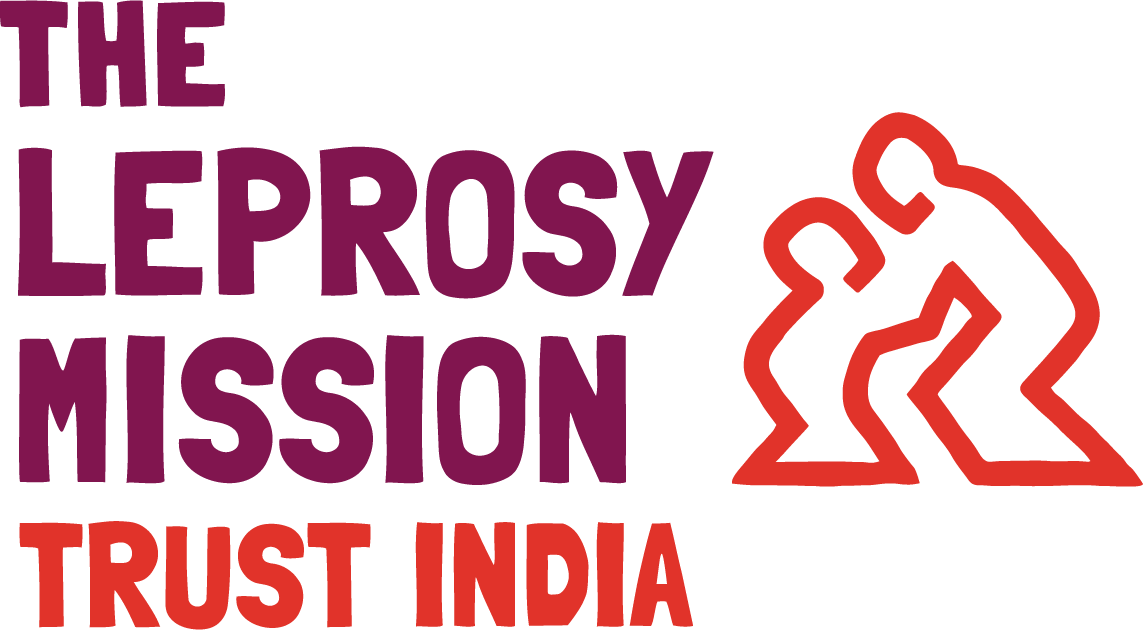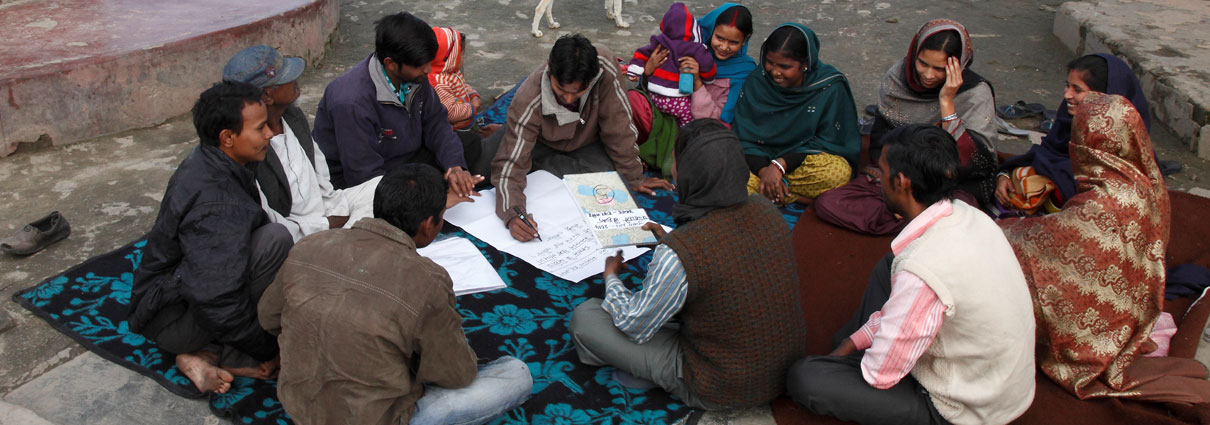Political Participation
It is through political participation that people develop and express their opinions about the world and how it is governed, and take part in the decision-making process. Everyone, including people affected by leprosy/disability, has the right to participate in the political process. The Convention on the Rights of Persons with Disabilities (CRPD), Article 29 (on participation in political and public life) mandates that “States parties shall guarantee to persons with disabilities political rights and the opportunity to enjoy them on an equal basis with others”.
For persons affected by leprosy/disability, this includes:
- Developing thinking about disability or other social issues at the individual or family level.
- Joining disabled people’s organisations (DPOs) or other groups and organisations, and campaigning at the local, regional or national levels.
- Participating in grassroots political processes, such as voting or contesting elections.
The Leprosy Mission Trust India (TLMTI) supports people affected by leprosy/disability to gain information, skills and knowledge to enable them to participate in the political process. It also aims to include disability issues in development policies and programmes. Many of them, especially the poor, have low levels of awareness about the political processes. They may not know how to vote or are unaware of the existence of national laws regarding disability rights or international conventions, such as the Convention on the Rights of Persons with Disabilities (CRPD). TLMTI provides this awareness through training about a rights-based approach.
They are also linked to self-help groups (SHGs) and DPOs. Through these linkages, they learn useful skills for political participation, e.g., public speaking, problem-solving and campaigning. Children and adolescents are included in activities (Children’s Parliament and youth groups) where they get opportunities to express their opinions, make decisions, and understand the consequences of their actions.
Quite often, discrimination and exclusion of people affected by leprosy/disability are due to ignorance and lack of knowledge at the government level. To address this, TLMTI works to raise leprosy and disability awareness within the political system and involve political leaders in inclusive development programmes being implemented in their area.
Also, it facilitates the participation of people affected by leprosy/disability in the electoral process. This is done through:
- Ensuring that voting sites are accessible to the affected people.
- Providing information on the functioning of the Panchayati Raj system of governance.
- Encouraging the affected people to contest elections to local self-government.
- Building their capacity on effective discharging of their duties once elected to PRI positions.
In the states of Chhattisgarh, Maharashtra and Uttar Pradesh, over 190 people affected by leprosy contested elections to Panchayati Raj Institutions and 83 won; 54 people were nominated to various Panchayat sub-committees.


